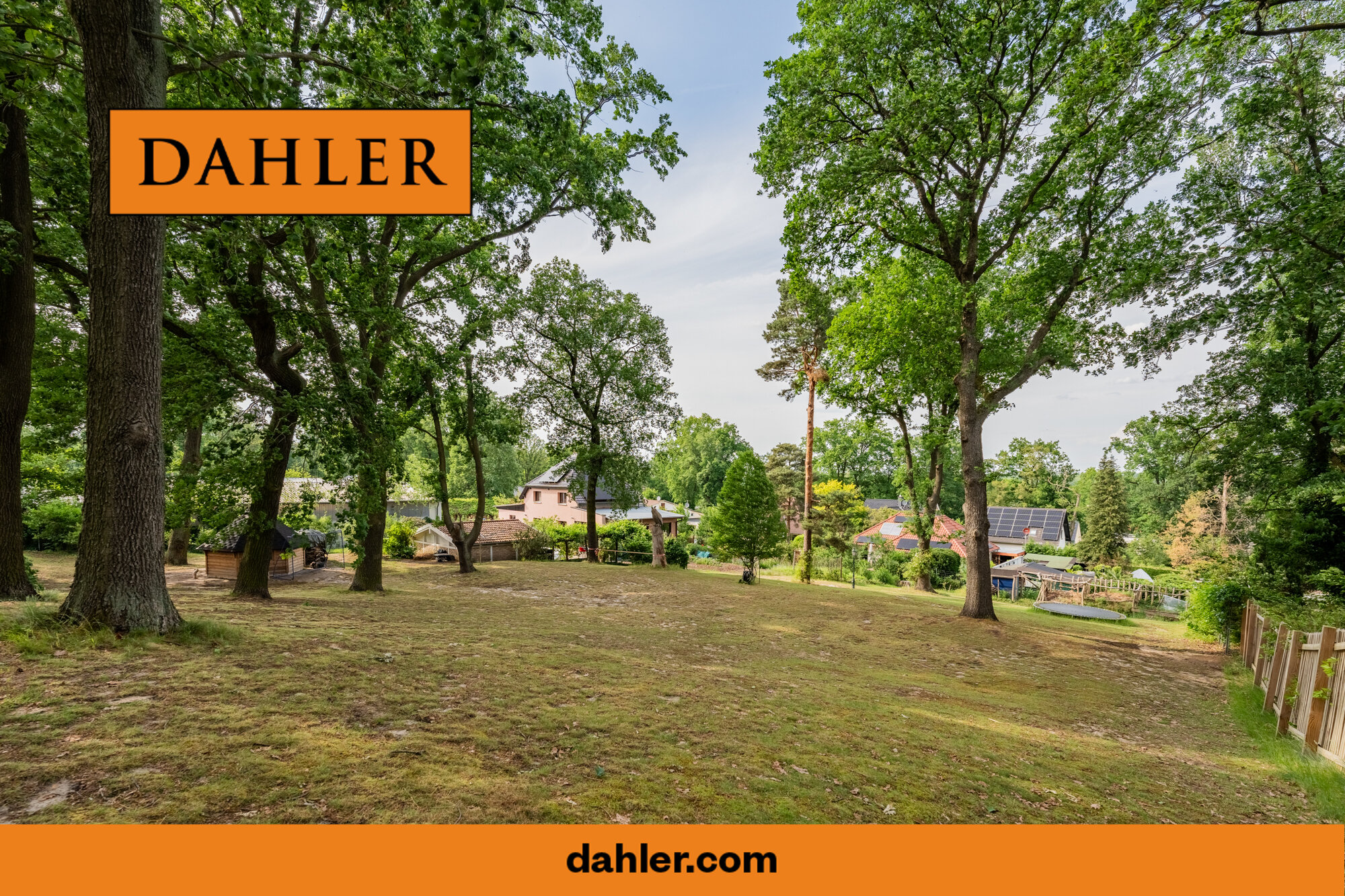Potsdam is now known far beyond Brandenburg's and Berlin's borders for its grace and attractiveness. Its cultural landscapes were inscribed by UNESCO in 1990 as the largest ensemble of German World Heritage Sites on the list of the World Cultural and Natural Heritage of Humanity. As the former residential city of the kings of Prussia, with its unique palace and park complexes, the city also impresses in the present with its exclusive residential qualities. Potsdam consists of 2/3 green spaces and the waters of the Havel.
The living conditions are highly appreciated. Thus, since the year 2000, the population has grown from under 130,000 to 180,000 today. The urban life of the metropolis Berlin and the advantages of Potsdam cause more and more German citizens to relocate to the capital of Brandenburg.
Golm, the westernmost part of Potsdam, offers charming contrasts. Excellent scientific institutions and rural structures meet here. Only a few kilometers from Sanssouci Palace and 30 minutes by regional train from Berlin, Golm is a versatile destination. Whether walking, hiking or cycling - the place and its surroundings invite you to numerous discoveries.
In the past two decades, Golm has developed into the largest science location in Brandenburg. In addition to the University of Potsdam, three Max Planck Institutes and two institutes of the Fraunhofer-Gesellschaft have also settled on site and conduct top international research here. More than 2,000 scientists work here, and 9,000 young people from all over the world study and do their doctorates here. Facilities for daily needs can be found in the immediate vicinity. The amenities of Potsdam's city center, with all its strolling opportunities and urban amenities, can be reached in just a few minutes. The Potsdam Golm train station is only a few minutes away from the property by bike and provides train connections to Potsdam's main train station. From Potsdam's main train station, the capital Berlin is easily accessible.







